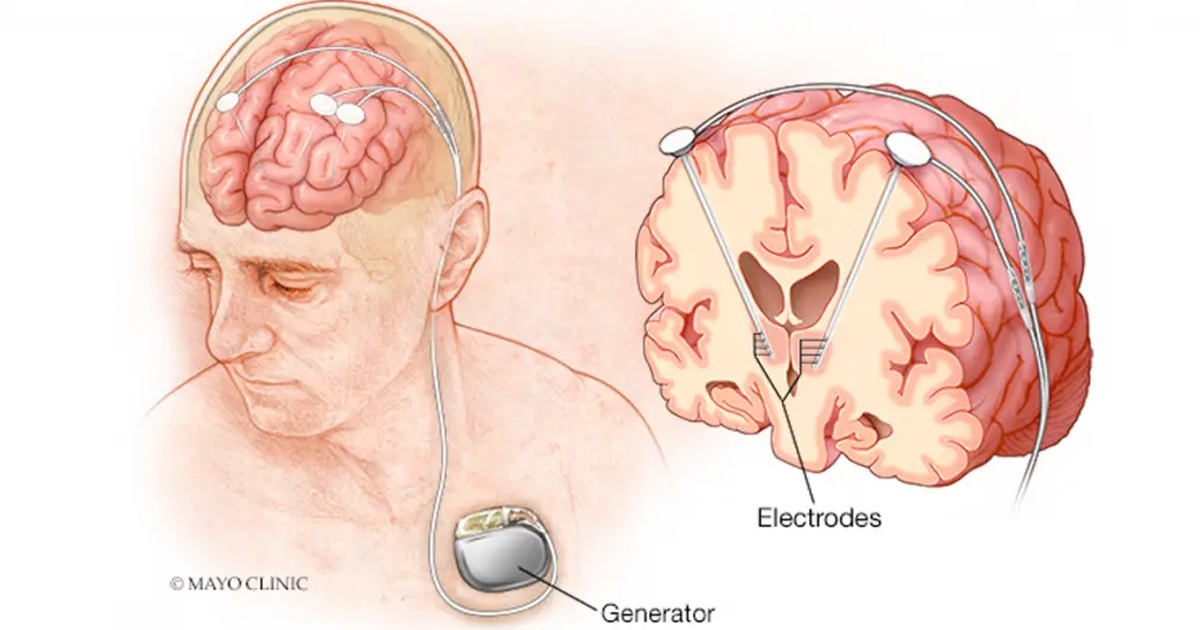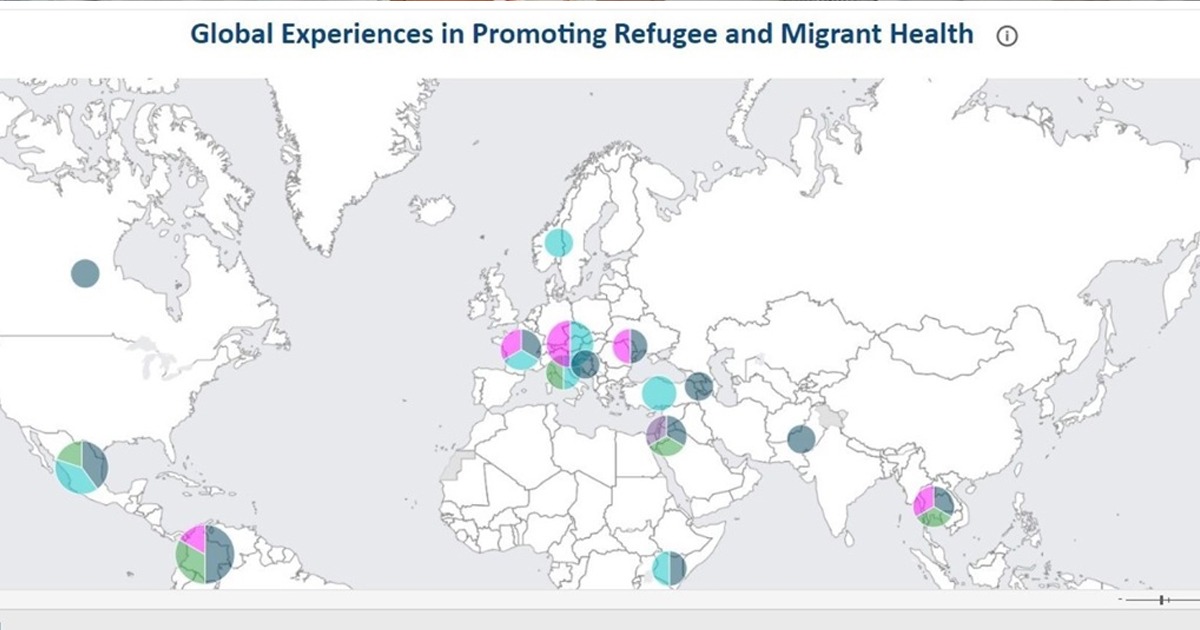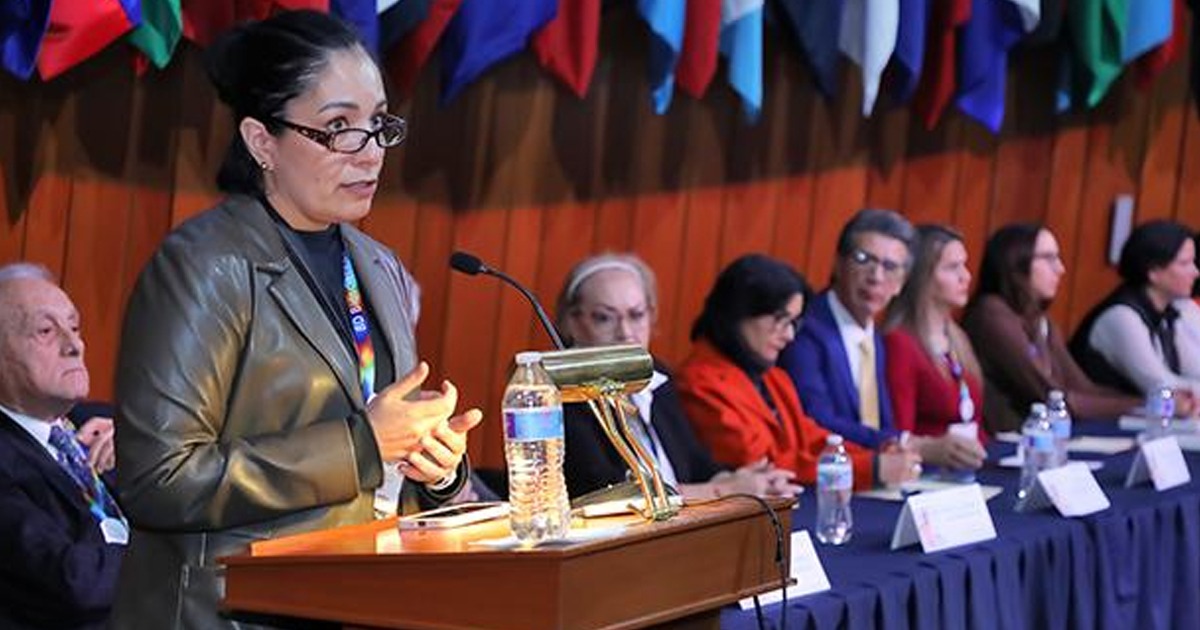Article published in PLOS Digital Health shows the importance of developing Artificial Intelligence (AI) algorithms, focused on frontline health care services.
Various studies have shown that machine learning and AI in clinical settings are tools to improve the prevention and diagnosis of diseases. However, there are a number of challenges and challenges related to the development of algorithms, especially related to the lack of transparency in their creation process.
In this sense, the Critical Data Consortium of the Massachusetts Institute of Technology (MIT-CD), specialists in the investigation of data related to human health, developed a platform for education and accountability on algorithms. The so-called Ecosystem as a Service (EaaS) approach aims at accountability and collaboration between clinical and technical experts for the promotion of AI in the clinical field.

"The EaaS approach provides a variety of resources, from open source databases and specialized human resources to networking and collaboration opportunities," the authors explain. Specialists hope that these tools will promote further exploration and expansion of the EaaS approach. They also explain that the development of AI in clinical practice will promote equitable access to medical care.
“MIT-CD's initial EaaS approach implementation efforts have shown promising results in improving access to healthcare and clinical care through new and refined approaches to interpreting data in conjunction with partner universities and research laboratories around the world. the world,” the article explains.
In this way, the EaaS approach looks like a sustainable and also profitable option for the implementation of AI in health and specifically in the clinical field. However, its massive adoption still faces various obstacles related to collaboration, cost structure or data sharing.
You can read the full article at the following link:
https://journals.plos.org/digitalhealth/article?id=10.1371/journal.pdig.0000011





